
Hi – I am Sam, I started working last week in the RDU as Resources Administrator with specific responsibility for the Fusion Investment Fund. I would like to remind you of the deadline for applications to the Fusion Investment Fund, which is the 1st July.
Workshop and Surgery places are available to book now!
Should you need help writing the perfect proposal, we can help you! I am pleased to announce the dates of our first Fusion Investment Fund surgeries and workshops over the coming weeks. Here are the details:
Fusion Investment Fund surgeries:
Thursday 7th June 2012, 12:00-14:00 – PG146, Thomas Hardy Suite (TC)
Friday 22th June 2012, 12:00-14:00 – P403, Poole House (TC)
These surgeries will provide academics preparing proposals for one of the FIF strands with the opportunity to bring their ideas and drafts to discuss with Matthew Bennett and a team of experienced academics and to test out what makes a good, fundable proposal with a competitive edge. Lunch is included.
Study Leave Workshop:
Wednesday 6th June 2012, 13:00-15:00 – PG146, Thomas Hardy Suite (TC).
This workshop will provide academics preparing proposals for study leave funding with the opportunity to discuss issues around study leave, the contractual/HR side of the arrangements, and the benefits of undertaking study leave. The workshop will be lead by Matthew Bennett with support from HR and a couple of BU academics with experience of taking study leave as part of their careers. Lunch is included.
The Perfect FIF Proposal:
Wednesday 6th June 2012, 10:00-12:30 – PG146, Thomas Hardy Suite (TC)
Friday 8th June 2012 13:30-16:00 – MG01, Melbury House (LC)
This session will be led by Matthew Bennett and will focus on writing the perfect proposal for the Fusion Investment Fund strands.
Strengthening your FIF Proposal:
Thursday 7th June 2012, 09:30-13:30 – EB202, EBC (LC)
Thursday 7th June 2012, 13:30-16:30 – EB202, EBC (LC)
This session will be lead by John Wakeford from the Missenden Centre and will provide academics who have drafted their FIF proposals with the opportunity to have their proposals reviewed by John Wakeford and to identify areas that could be strengthened. Attendees will need to provide a copy of their draft FIF proposal to me no later than Wednesday 6th June at midday; this is to ensure John has enough time to read these prior to the session. Max of 12 attendees per session. Lunch is included.
How to book onto one of these sessions:
Booking onto a session is easy, simply click here to be taken to the bookings page.
To apply to the fund please see the information here on our intranet pages.
Good Luck!
Sam
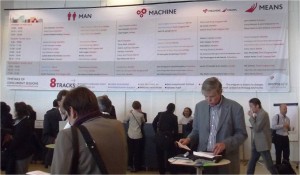
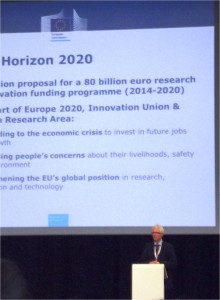














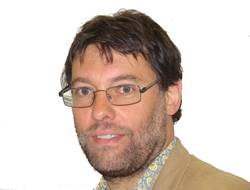



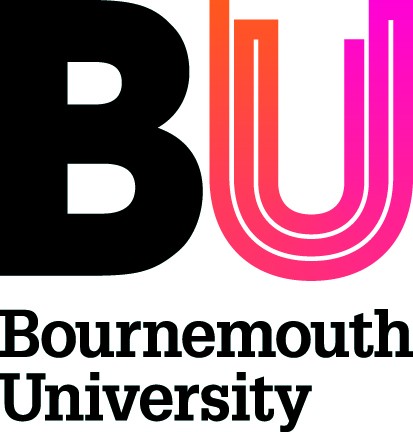





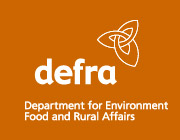












 New Nepal scoping review on maternal & neonatal health
New Nepal scoping review on maternal & neonatal health Fourth INRC Symposium: From Clinical Applications to Neuro-Inspired Computation
Fourth INRC Symposium: From Clinical Applications to Neuro-Inspired Computation Writing policy briefs
Writing policy briefs Upholding Excellence: The Concordat to Support Research Integrity
Upholding Excellence: The Concordat to Support Research Integrity ECR Funding Open Call: Research Culture & Community Grant – Application Deadline Friday 12 December
ECR Funding Open Call: Research Culture & Community Grant – Application Deadline Friday 12 December MSCA Postdoctoral Fellowships 2025 Call
MSCA Postdoctoral Fellowships 2025 Call ERC Advanced Grant 2025 Webinar
ERC Advanced Grant 2025 Webinar Horizon Europe Work Programme 2025 Published
Horizon Europe Work Programme 2025 Published Horizon Europe 2025 Work Programme pre-Published
Horizon Europe 2025 Work Programme pre-Published Update on UKRO services
Update on UKRO services European research project exploring use of ‘virtual twins’ to better manage metabolic associated fatty liver disease
European research project exploring use of ‘virtual twins’ to better manage metabolic associated fatty liver disease